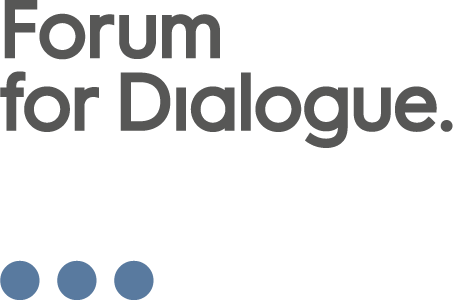Operating between 2014 and 2015, the Center for Dialogue among Religions and Nations advocated tolerance as well as international and interfaith dialogue in Podkarpacie region. The Center was opened on October 10 as my initiative as then-Rector of the State Higher Technical-Economic College. I was its founder, but also its advocate, as I found ideas of cultivating multi-religious, multi-national, interfaith and inter-ethnic dialogue as well as tolerance close to my heart. As Chairman of the Center’s Council, I initiated and organized the Center’s activity. Joanna Elżbieta Potaczek administered the Center, being responsible for its initiatives, studies of national minorities (including local Jews), fostering dialogue and tolerance as well as preserving historical memory. Many other individuals and organizations worked with the Center on a daily basis and helped organize its endeavors. The Center became a venue for a number of events of historical, multicultural, multi-religious and patriotic character, including conferences, symposiums, academic workshops, meetings, book launches, lectures and presentations. The Center was working alongside the International Center for Documentations of Sites of Saint Archangel Michael, Academic Charity Center, Registration Point for Camino de Santiago pilgrims and a collection of items connected to the Camino, as well as Erasmus program. The Center organized language classes, hosted sessions for international students and choir practices as well as rehearsals of the band, theater and cabaret of the University of the Third Age at the college in Jarosław, Ukrainian student community meetings and student club sessions. It also hosted permanent and temporary exhibitions. Permanent exhibitions presented three monotheistic religions: Christianity, Judaism and Islam. The Center also hosted an exhibition about Archangel Michael, patron of the city of Jarosław, who embodies multiculturalism, combating evil and fostering tolerance.
Wacław Wierzbieniec
Rzeszów




